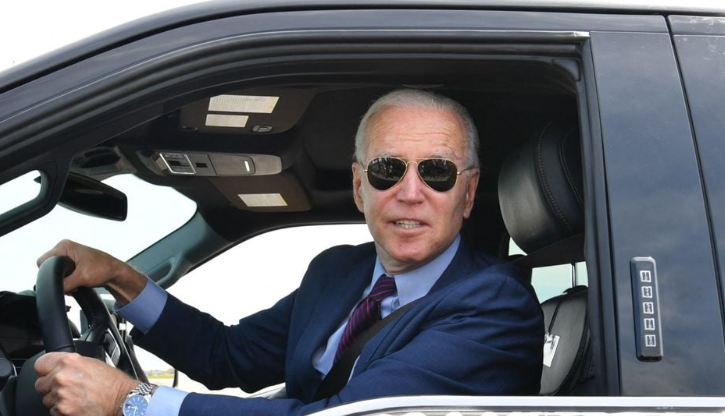Major automotive manufacturers are reassessing their heavy investments in electric vehicles (EVs) and autonomous driving technologies as escalating costs and slower-than-expected market adoption strain profitability. Companies are implementing significant cost-cutting measures, including layoffs and production adjustments, to stabilize their finances.
General Motors’ Adjustments
General Motors (GM) has announced additional job cuts, eliminating 1,000 positions as part of a broader effort to reduce expenses by $2 billion by the year’s end. These reductions come on the heels of earlier layoffs and voluntary buyouts that affected thousands of employees. Despite strong sales in trucks and SUVs contributing to overall revenue, GM’s EV division has yet to turn a profit, prompting a reevaluation of strategies to enhance operational efficiency.
Volkswagen’s Strategy Shift
Volkswagen is also facing financial challenges, particularly in Europe, where higher labor costs and increased competition from foreign automakers are impacting profitability. The company is considering workforce reductions and potential factory closures to address overcapacity and cut expenses. Leadership has emphasized the need to stabilize operations amidst fierce pricing competition, especially in key global markets.
Industry-Wide Challenges
The broader automotive industry’s shift toward EVs and self-driving technologies has encountered significant hurdles, including high development costs, slower-than-anticipated consumer adoption, and regulatory complexities. These challenges are forcing manufacturers to balance their innovation goals with the need for financial sustainability.
Many automakers are now scaling back on ambitious projects, focusing instead on refining core offerings and targeting profitable segments. The industry is adjusting to the reality that widespread adoption of EVs and autonomous vehicles may take longer than initially anticipated.
Navigating a Shifting Landscape
The transition to next-generation automotive technologies has proven to be more expensive and complex than many companies expected. Automakers are now adopting more cautious investment strategies, prioritizing efficiency and market readiness to weather these challenges. This recalibration signals a pivotal moment for the industry as it seeks to align technological ambitions with economic realities.


